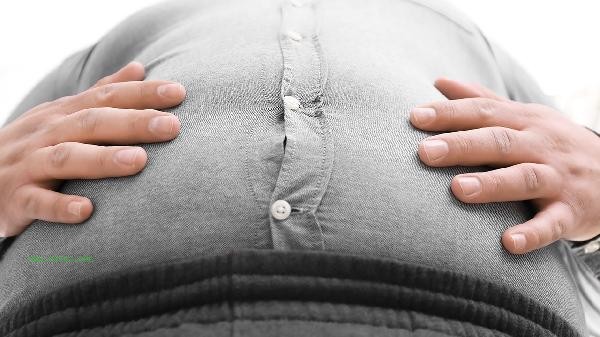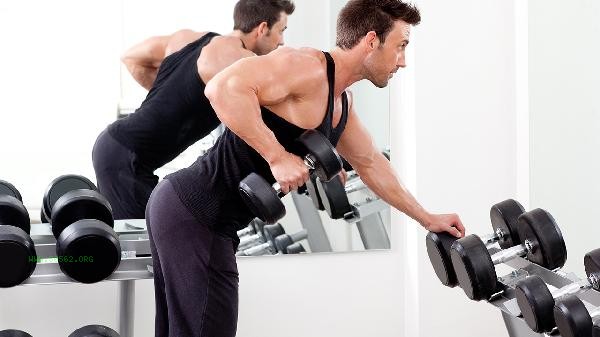The amount of hydration after exercise should be adjusted according to body weight and exercise intensity. It is generally recommended to supplement 1000-1500 milliliters of water for every 1 kilogram of weight loss. Excessive drinking water may dilute electrolytes, while insufficient water can affect metabolic efficiency. After exercise, hydration should be scientifically calculated based on sweat loss. Taking a 60 kilogram adult as an example, moderate intensity exercise results in a loss of approximately 500-1000 milliliters of body fluid per hour. This can be supplemented by multiplying the difference in body weight before and after exercise by 1.5 times. For example, to lose 0.5 kilograms after exercise, it is necessary to drink 750 milliliters of water in portions, with a water temperature of 15-20 degrees Celsius, to avoid ice water stimulating the gastrointestinal tract. Sports drinks should only be considered when high-intensity exercise exceeds 90 minutes, and plain water is sufficient for regular weight loss exercises.

In special circumstances, it is necessary to adjust the hydration strategy. When exercising in high temperature and high humidity environments, an additional 200-300 milliliters of hydration should be added per hour, but the single consumption amount should not exceed 200 milliliters. People with hypertension or renal dysfunction should follow the principle of small amounts and multiple times, and the amount of hydration per hour should be controlled within 400 milliliters. After strength training, a small amount of lemon slices can be added to the water to supplement potassium elements. After aerobic exercise, priority should be given to supplementing mineral water containing magnesium elements.

It is recommended to drink 300-500 milliliters of water 2 hours before exercise to establish hydration. During exercise, 100-150 milliliters should be replenished every 15 minutes. After exercise, hydration should continue until urine turns pale yellow. Paired with high water content foods such as broccoli and cucumber, it can not only replenish water but also obtain dietary fiber. Long term adherence to scientific hydration habits can help improve fat metabolism efficiency, but it is important to limit water intake 2 hours before bedtime to avoid edema.








Comments (0)
Leave a Comment
No comments yet
Be the first to share your thoughts!